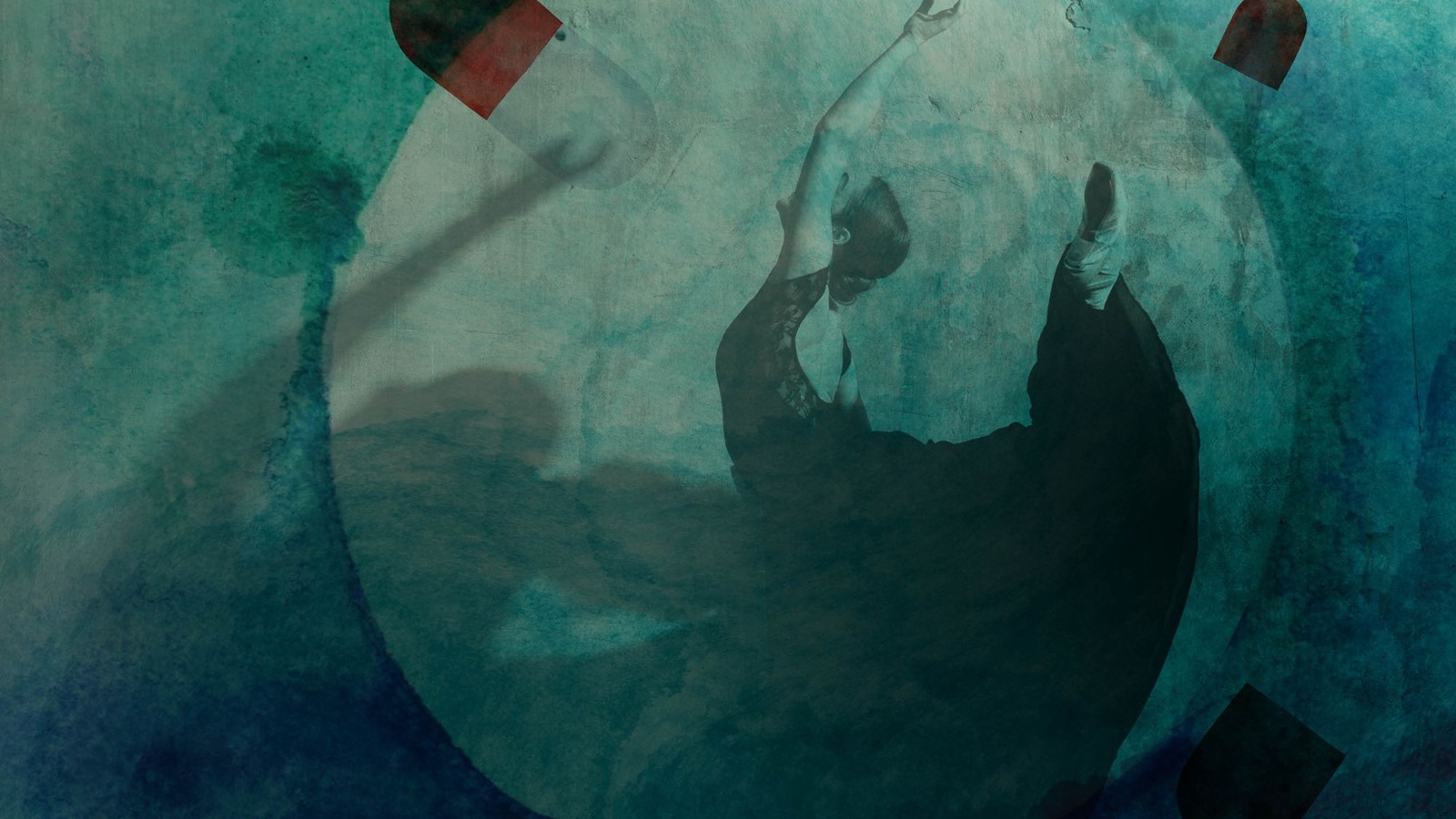The recent auction of a pair of Gandhi’s glasses for the staggering sum of £260,000 caused many an eye to blink with stunned surprise.1 These humble glasses were hidden away for more than 50 years until the owner posted them through an auctioneer’s letterbox. They soon attracted the gaze of the Indian Government and avid collectors. They were deemed a find of international historical importance, raised to the status of an icon of the ‘Great Soul’ (Mahatma).
I imagined what it would be like to try them on and see the world through the Great Soul’s eyes. I found myself transported back in time to the shores of Kanyakumari, known as the Land’s End of India. I stood there in December 2004, two days before a tsunami wave hit the coastline. I prayed near the site where pilgrims had immersed a portion of Gandhi’s ashes in the swirl of the confluence of the trinity of waters flowing from the Bay of Bengal, the Indian ocean and the Arabian sea.
Through the lens of the Great Soul’s glasses, I witnessed the enactment of his belief that at the core of every religion lies truth (satya), non-violence (ahimsa) and the Golden Rule (treat others as you would have them treat you). I watched the salt tax protesters, in their nonviolent act of civil disobedience, courageously challenge the political powerholders who were exploiting them. I pictured the spiritual activist leaders of civil rights marches (Martin L King, Rosa Parks, John Hume and the more recent ‘Black Lives Matter’ protesters) – their lives and actions speaking truth to power and seeking redress of injustices.
Next in this issue
Closer to home, the scale of injustice highlighted by the Black Lives Matter campaign and the disproportionate impact of COVID-19 on BAME communities have led to a reappraisal of my intersectionalities (ie what privilege or disadvantage my positionality as an Irish Christian therapist working in Britain within a counselling profession that is predominantly white, middle class and female, affords me)? Judy Ryde unmasks white privilege with searing honesty and identifies several ways in which the majority group of white therapists benefit from being white in the profession. In her white awareness model, she outlines gradations of denial and unconscious bias, blocks to white awareness, and steps we might take towards reparation: admitting wrongdoing to self; admitting to those you have exploited; listening to testimony; apologising; restitution, and making reparations.2
Working with inequality, poverty and social justice and exploring ways to establish more culturally appropriate support are being discussed on various platforms within BACP.3-5 Writers and presenters have highlighted the extent of the trauma and loss within BAME communities due to COVID-19. This is compounded by daily subtle discriminatory microaggressions, or more blatant abuses of power, often linked to race and religion. The task of developing culturally appropriate responses is challenging at all levels, especially as there is a deficit within professional training in the area of intersectionality and multicultural competence. As a white practitioner, how do I hold myself accountable to identify any implicit bias and passive complicity at work that leads directly or indirectly to the oppression of minority groups? This essential maturing process cannot be done effectively without seeking honest reflexive engagement, genuine collegiality and effective alliance with BAME colleagues and communities. Spirituality and religion can support or obstruct the endeavour to respect human rights and promote equality. BACP has just published a helpful resource to help practitioners to work effectively and ethically with race, religion and belief.6 It would be good to hear your thoughts and reflections on it.
What do you see or want to see? I want to see, and live out, an understanding of difference as John Hume, Nobel Peace Prize laureate, who died recently, expresses it: ‘Difference is of the essence of humanity. Difference is an accident of birth and it should therefore never be the source of hatred or conflict. The answer to difference is to respect it. Therein lies a most fundamental principle of peace – respect for diversity. The basis for peace and stability in any society has to be the fullest respect for the human rights of all its people.’7
References
1 https://www.bbc.co.uk/news/uk-englandbristol-53706809 (accessed 26 August 2020).
2 Ryde J. White privilege unmasked: how to be part of the solution. London: Jessica Kingsley; 2019.
3 https://www.bacp.co.uk/events/ onlinebame2020-online-resource-the -impact-of-covid-19-on-bame-communities-establishing-culturally-appropriate-su/ (accessed 26 August 2020).
4 https://www.bacp.co.uk/bacp-journals/ therapy-today/therapy-today-podcast/ (accessed 26 August 2020).
5 https://www.bacp.co.uk/events-andresources/race-and-diversity-resources/ (accessed 26 August 2020).
6 https://www.bacp.co.uk/media/9063/ bacp-race-religion-belief-crfp-gpia-101-jun20. pdf (accessed 26 August 2020).
7 https://www.nobelprize.org/prizes/ peace/1998/hume/lecture/ (accessed 26 August 2020).
